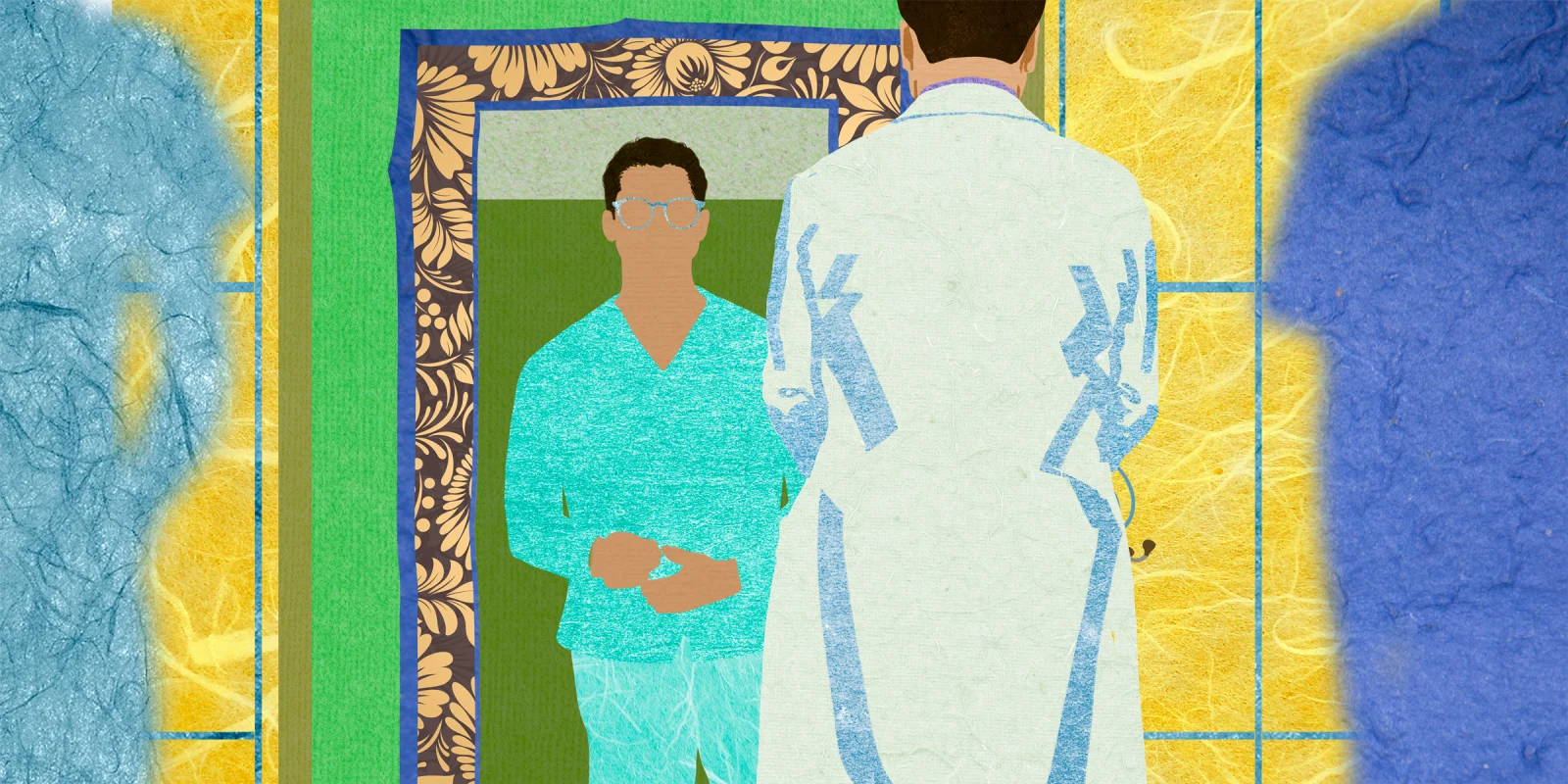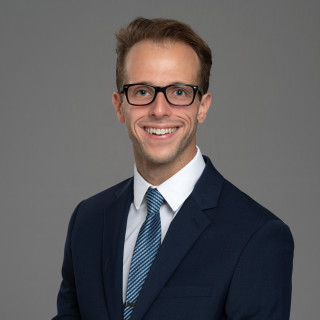My partner left me unexpectedly on the same day I moved halfway across the country to their region to begin my medical residency. In the days that followed, I sat paralyzed in my unfurnished apartment, consumed by the shock of the breakup and the daunting reality of starting one of the most demanding phases of my medical career in an unfamiliar city ... alone. I had traded my life in the Midwest for a future I envisioned with my partner, only to find myself questioning everything: Who am I, and how do I move forward from here?
Residency is already an endurance test — a grueling immersion into medicine that demands mental clarity, emotional resilience, and unwavering focus. Yet, as I prepared for this next chapter, I found myself truly lost. My almost decade-long relationship had shaped everything about me: my interests, routines, and even my decision to relocate. The sudden loss of this partnership left me grappling with an overwhelming sense of identity confusion. Who was I without my partner? And how could I possibly navigate the pressures of residency while feeling so untethered?
The first few weeks after the breakup were excruciating. My days were filled with a constant internal battle to maintain composure at work and sleepless nights replaying what went wrong. I struggled to focus on even basic tasks. Buying furniture for my apartment became a reminder of what was no longer shared; every clinical decision I made felt clouded by doubt. Medicine, which had always been a source of passion and purpose, now felt distant and disjointed.
At times, I felt like I was failing — not only as a trainee at a top anesthesiology program, but as a person.
It wasn't until a candid conversation with a fellow co-resident, who shared their own experience of heartbreak prior to beginning training, that I began to see a path forward. They reminded me of the importance of leaning on my support system — even if that system had yet to fully materialize in this new city. Slowly, I began confiding in trusted colleagues and seeking solace in the camaraderie that naturally forms among residents. Their encouragement and shared understanding of the demands of medical training became a lifeline.
Reclaiming my sense of self also meant redefining my relationship with medicine. I leaned into the aspects of residency that I had initially feared: the demanding hours, the relentless pace, and the emotional toll of patient care. I allowed myself to focus fully on my patients, finding moments of purpose and clarity in their gratitude and trust. As I gained confidence in my clinical decisions, I felt a glimmer of the passion that had brought me to medicine in the first place.
My program director, chairperson, faculty, and friends remained firmly behind me in both my professional and personal goals, offering unwavering support and understanding during the most difficult transition of my life. Collectively, they helped me to realize that while my former partner had undoubtedly influenced parts of who I was, my core values — compassion, resilience, and dedication to my patients — remained uniquely mine.
The true turning point came when I reframed my narrative. Instead of viewing the breakup as an unraveling of my life, I began to see it as an opportunity to rediscover myself. I took time to explore interests that had once been overshadowed by my relationship and built a supportive community in New Haven. These moments outside of work, paired with the fulfillment I found in patient care, reminded me of the person I had always been: someone capable of thriving under pressure and finding purpose through adversity.
My breakup was unexpected and has proven to be the most painful chapter of my life thus far, but it has ultimately allowed me to recenter my identity and recommit to the profession I love. In losing the person I thought defined me, either temporarily or permanently, I have prioritized finding myself — and in doing so, have embraced the opportunities and challenges at Yale that have helped me rediscover my resilience and passion for medicine.
This isn't just a story about heartbreak. It is a story about resilience and rediscovery, proof that even in the most difficult moments, it is the quiet, unwavering parts of ourselves — the ones we sometimes forget to nurture — that ultimately guide us back home. And I am a more effective physician because of it.
Joshua E. Insler, MD, is a first-year resident in anesthesiology at Yale School of Medicine. Dr. Insler previously completed two years of residency in general surgery and a postdoctoral research fellowship, both at Cleveland Clinic Foundation.
Illustration by Jennifer Bogartz







